Try practicing self-care as well. For instance, taking a bath with Epsom salts can help ease pain. Another option is to use foam rollers, which relieve tension and stretch out tense muscles.
Freeze
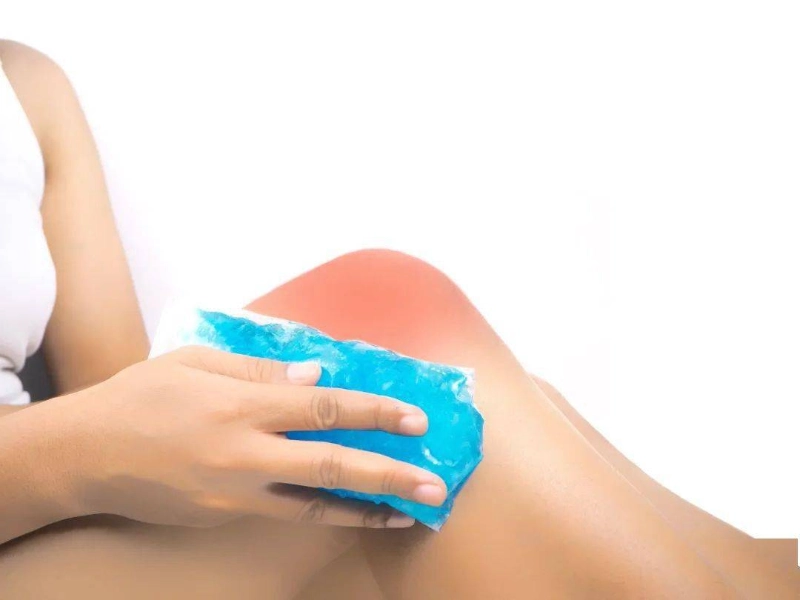
Using ice as soon as possible after an accident is advised to reduce pain and inflammation. It slows down the breakdown of tissue and acts as a natural pain reliever.
It's easy to apply ice to a knee injury; just wrap a plastic bag filled with frozen peas or ice in a towel to prevent skin burns. To help minimize swelling, apply ice to the knee several times a day for about 15 minutes.
Later in the healing phase, heat is employed to promote blood flow and your body's natural healing mechanisms. The warmth facilitates improved flexibility and range of motion by relaxing tight soft tissue. Additionally, it improves the oxygen flow to the injured tissue, hastening the healing process. Use of this therapy is highly recommended for long-term ailments such as arthritis.
Medications
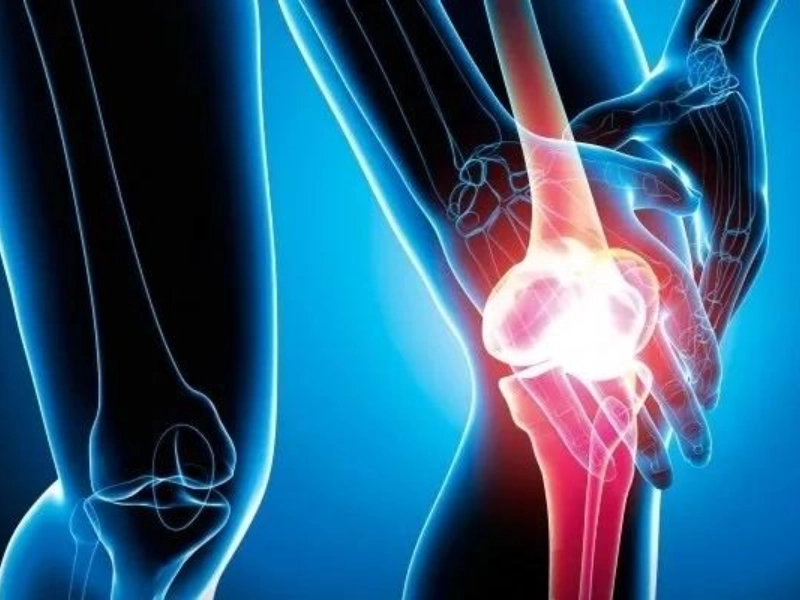
Acetaminophen and nonsteroidal anti-inflammatory medicines (NSAIDs) are examples of over-the-counter medications that might be helpful, particularly for acute pain. In order to treat diseases like gout or rheumatoid arthritis that cause knee pain, your doctor may also prescribe prescription NSAIDs and other medications.
Capsaicin, which acts by reducing substance P, the molecule that transmits pain signals to nerve cells, is one of the other drugs that can be helpful. Aspirin and related medications contain salicylates, which reduce pain by preventing the synthesis of prostaglandins, which exacerbate inflammation.
Although many people find that corticosteroid injections minimize swelling and offer immediate relief, these injections are not without adverse effects. Hyaluronic acid, another type of injection, works similarly to the lubricant in joints and gives some individuals relief. Gel injections can be painful and operate more slowly since they include a thicker solution.
Physical Medicine
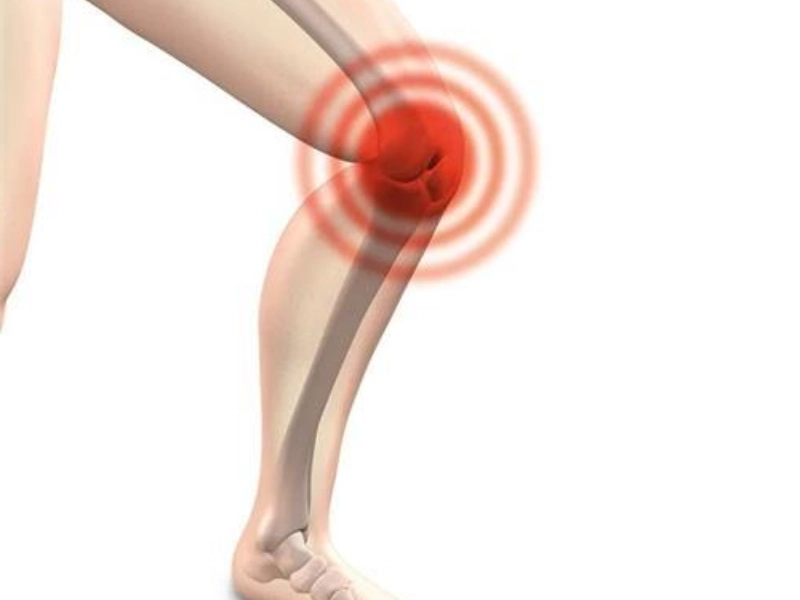
Physical therapy is a crucial component of any treatment strategy and helps alleviate knee discomfort. Physical therapists are specialists in movement who can precisely identify the reason behind your knee discomfort and develop a treatment plan for it. You will learn exercises to strengthen your muscles, enhance knee joint mobility, and improve your knee balance. They will also provide you with at-home workouts that can help you manage your knee discomfort in the long run.
Despite being one of the most used joints in the body, the knees cannot perform their functions effectively if they are not moved enough. The greatest treatment for any knee issue is regular movement and exercise. In order to facilitate recovery and help you relax your muscles and joints, your therapist may also employ manual therapy techniques.
Advertisement
Recommended Reading: Can you eat white potatoes?

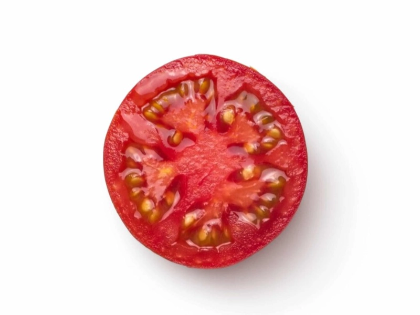
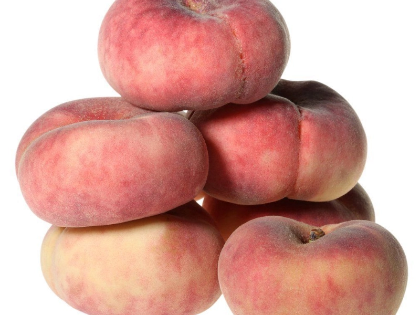
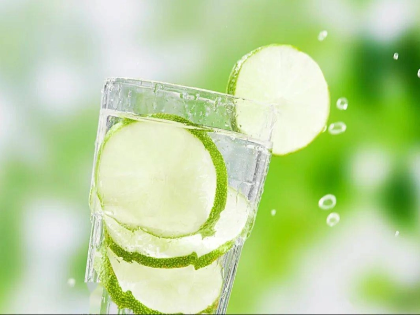
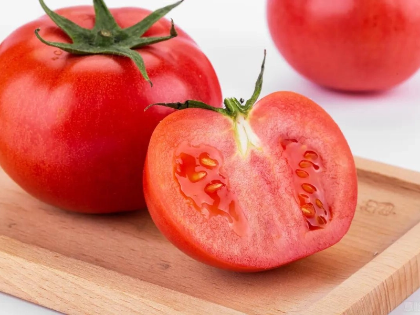
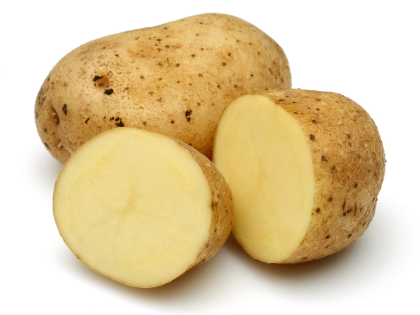



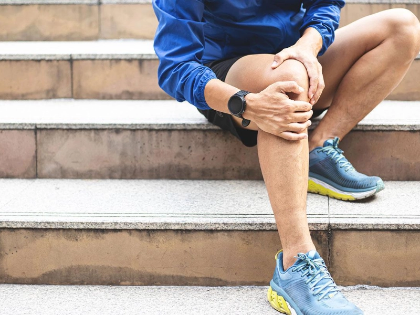

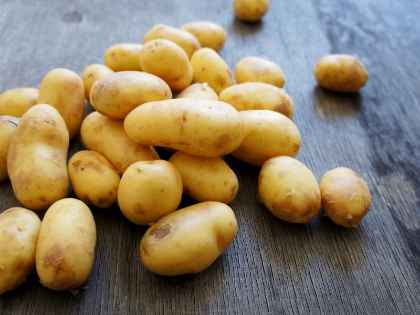
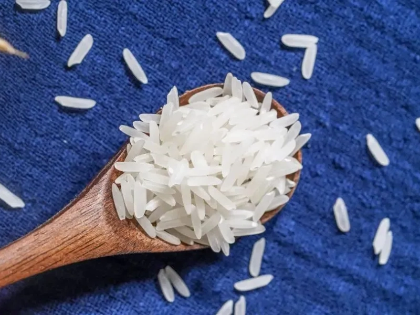
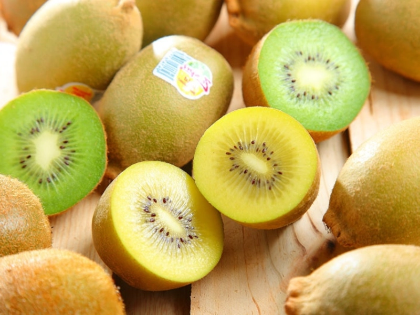
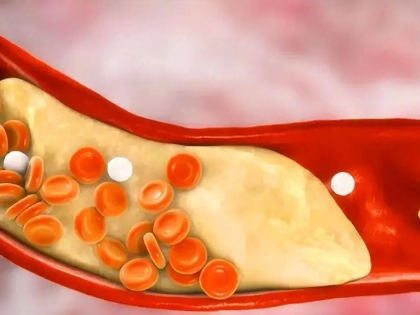
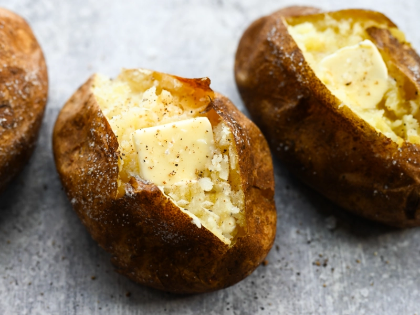
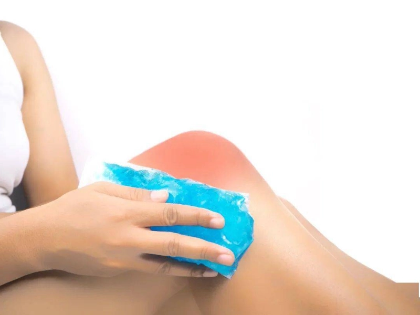


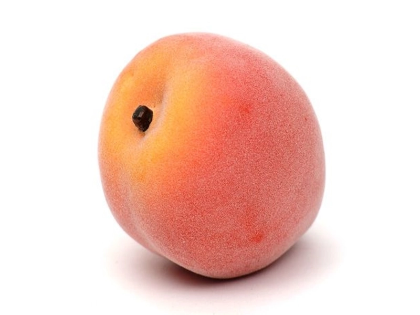



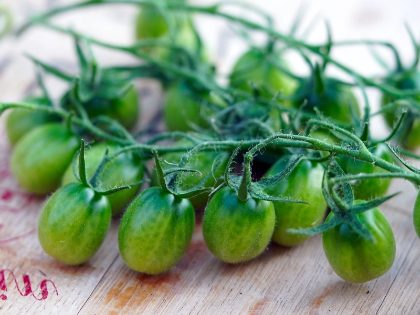
Good candidate for AB layering.
Would love a visual next time.
Worth revisiting monthly.
A polished minimal core.
The value density is refreshing.